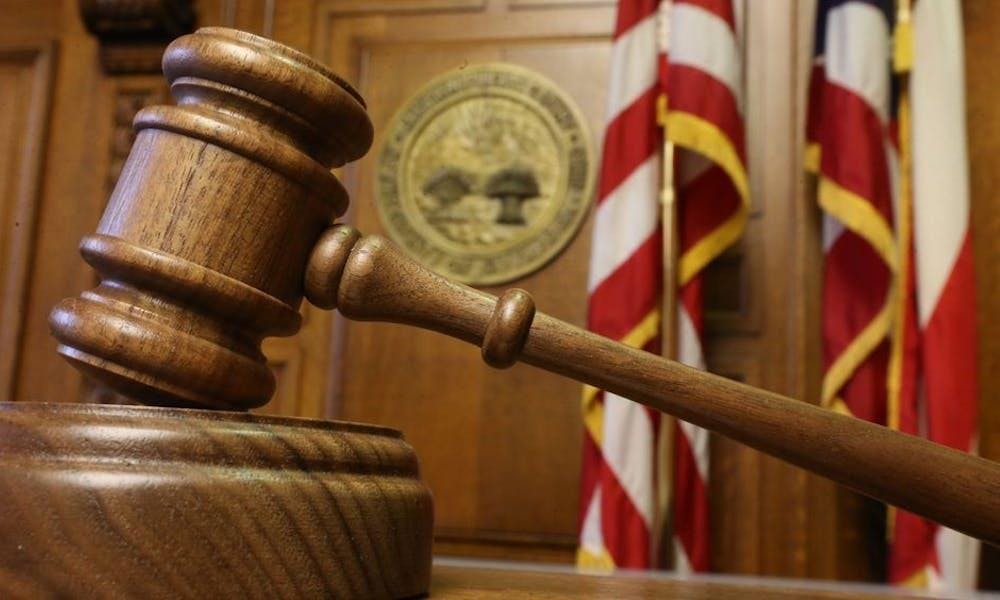The acting U.S. attorney of the Southern District of Indiana argued the search warrants used in the FBI searches of Xiaofeng Wang and Nianli Ma’s homes March 28 should remain sealed in response to a Stanford University scholar’s motion to release them.
The original motion by Riana Pfefferkorn earlier this month argued keeping the warrants sealed violated principles of the First Amendment, particularly the idea of open access.
John E. Childress, the acting U.S. attorney of the Southern District of Indiana, said in a response Thursday that “public interest” — the term used by Pfefferkorn in the original motion — is not violated if the warrants remain sealed. He cited circuit court precedent that keeping search warrant affidavits and related materials sealed is “appropriate.”
The response acknowledged the “right of access” to “inspect and copy public records and documents, including judicial records and documents.” However, the response to the motion argued, the general right of access yields to government interests in confidentiality, meaning the judge should balance the need for public access with the potential negative consequences of unsealing the warrants.
The response also said Pfefferkorn cited no particular need besides the public’s general desire to know details of the ongoing investigation.
“This position finds support in neither law nor logic and lacks any limiting principle,” the attorney argued in the response.
The attorney acknowledged his findings did not fully answer whether search warrant materials were included in the First Amendment “right to access.” But he claimed it didn’t matter, as the request to unseal the search warrant affidavits shouldn’t override the need for confidentiality.
The FBI searched Wang and Ma’s Bloomington and Carmel homes in late March. On the same day, the university terminated Wang’s employment. Ma was terminated four days prior. Since the search, faculty groups have spoken out against the termination. Neither the FBI nor IU have commented on the reasons for the search.




